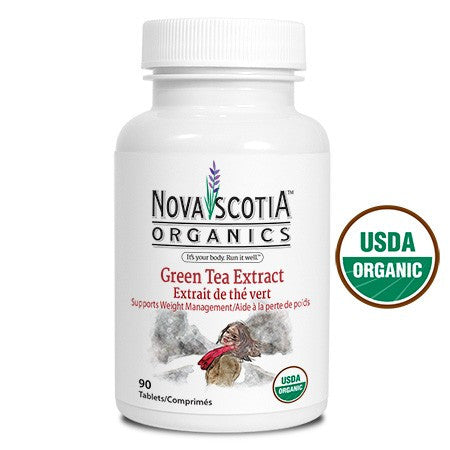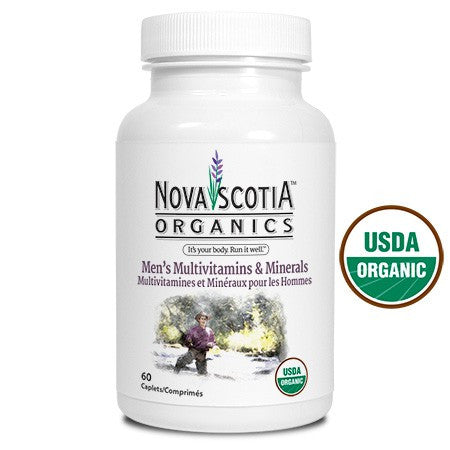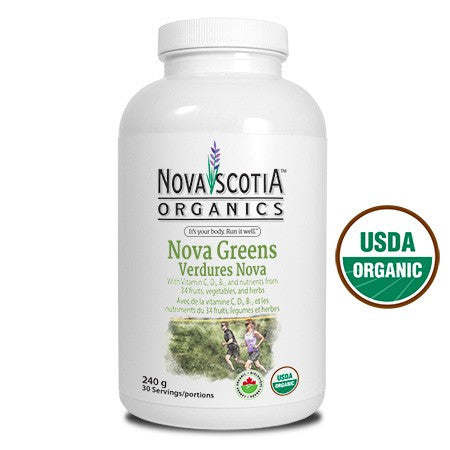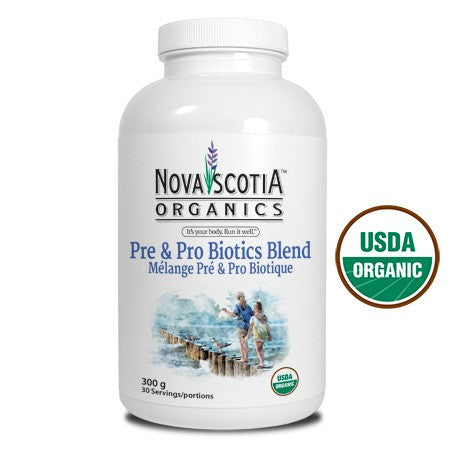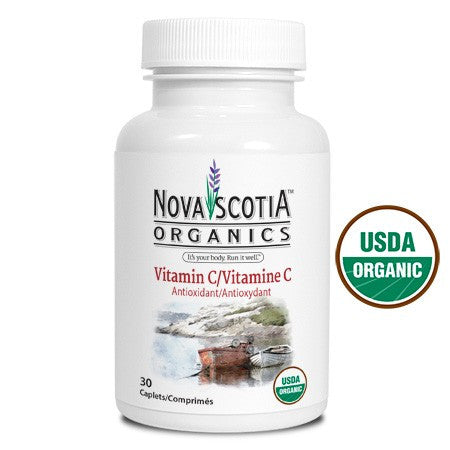
Omega3 Seal Oil
Terra Nova premium Omega-3 seal oil capsules are processed in a federal (CFIA) and provincial licensed food-grade facility and EU and HACCP approved. Foremost in Omega-3 product quality, purity and preservation of nutritional value using a cold-press process. Relative to seal oil, and not considering Alpha Linolenic Acid (ALA), fish oil , flaxseed oil and krill oil are omega-3 imposters consisting primarily of just two fatty acids: DHA and EPA. Whereas seal oil contains all 3 long chain fatty acids: Docosapentaenoic acid (DPA), Docosahexaenoic acid (DHA), Eicosapentaenoic acid (EPA). Superior to both fish oil, krill oil and flax seed oil, omega-3 seal oil has the highest levels of DPA,the king-pin element,for prevention of blood clotting, inflammation, coronary heart disease, nervous system disease and cognitive benefits. Absorption of seal oil is said to be easier due to its unique molecular triglyceride composition which is the same as that in humans and superseded only by human breast milk for DPA content. Higher in the food chain than fish and krill oil, seal oil is better assimilated by the human body, and considered naturally bio-filtered. Omega-3 long- chain fatty acids are required in every cell of the human body for optimal health, but are not produced by the human body, rather they must be acquired through diet .
Each 500 mg. capsule is approximately 21% to 25% omega-3 and 3% omega-6, of which 4.7 % is DPA , 8.9 % DHA and 7.6 %. is EPA and mostly cholesterol free at approx. 1mg cholesterol per 500 mg. capsule and is high in mono-unsaturates, "good" fat, and low in poly-unsaturates, "bad" fat . You are what you eat and omega-3 plays a significant role in brain and body functions: find out more from Susan Allport, award-winning writer specializing in science and food topics.
Plant oils canola, sunflower, safflower promoted as healthy sources of mega-6 and even omega-3, primarily because they are relatively cheap, easy to produce and have high profit margins. In actuality, these omega-6 products are widely considered to be the cause of disease and ill health through over consumption. In actuality plant sources for essential fatty acid (EFAs) omega oils, contain little to no omega-3, rather are made up of Alpha Linoleic Acid (ALA) and Linoleic Acid (LA) two Omega-6 components that compete in the conversion process to omega-3, resulting in low production of the essential fatty acids DPA and EHA. Essentially, the omega-6 ALA and LA are precursor omega-3 because they must be converted to omega-3 by our metabolism. Unfortunately, that conversion results, generally, in little omega-3 benefit in the biological process. Sources of plant omega-6 oils: flax, canola and walnut oil, predominately of ALA are rated the highest for conversion to omega-3, whereas corn oil, safflower, sunflower,soybean oil, predominately LA, are considered an omega-6 with virtually no omega-3 benefit. An over abundance of Omega-6 results in a nutritional imbalance ratio of Omega-3 to Omega-6 fatty acids. What's more, the food/grocery industry's extensive utilization of seed oils,ALA, is chiefly to provide taste/texture to products and for preservation/shelf-life.
Dietary supplements,fish oil and flax seed oil have became popular, yet there is a great deal to consider and comparatively both are inferior to seal oil, particularly flax seed oil.
Krill Oil and Fish Oil omega-3 supplements comparatively lack the highlight element DPA. Atlantic Marine Products seal oil is 20% to 25% richer in omega-3 poly-unsaturates, including DPA which is minimal to non-existent in fish and Krill oils Fish oil Omega-3 supplements are often heavily processed concentrates lacking in natural nutritional balance. This is critical as DPA levels can be 10 times greater in seal oil and is known to be a significant catalyst for EPA. About a third of the long chain Omega 3 fatty acids circulating in human blood is attributable to DPA. (see the F.A.Q. area below).
Essential Fatty Acids (EFA) . EFA is categorized in two types, Omega-3 and Omega-6. Omega 6 is derived from plant based oils and Omega-3 from seal blubber and fatty fish. A healthy balance of the two EFAs is considered to be 1 to 1, perhaps 1 to 2 times more Omega-6 than Omega-3. However in North America the ratio is out of whack at about 14 to-25, even 40 times more Omega-6 than Omega-3.
Flax Seed Oil, plant derived Omega-6 source with certain Omega-3 benefits, is rich in Alpha Linolenic Acid (ALA) . Such vegetarian ALA sources, are precursor Omega-3 that must be converted by the body into EPA and DHA. As such, however, only minor percentages EPA and DHA are actually converted. Interestingly, flaxseed oil is taken from tiny, hard seed of the flax plant which also contains lingans, flaxseed oil, itself, however, is virtually devoid of lingans.It is suspected that diets rich in ALA Omega-6 may run a higher risk of developing macular degeneration and increased risk of developing prostate cancer and other maladies. Conversely, studies have shown that diets rich in omega-3 long-chain fatty acids derived from seal oil prevent these diseases.
Each bottle contains 120 capsules. Each capsule contains 500 mg of pure Harp Seal Oil) .Recommended Dosage:-Adults, Take two (500 mg) capsules twice daily with meals Children: Take one (500 mg) capsule twice daily with meals Health Canada (RNI) recommends 1.8 grams of Omega 3 fatty acids per day
This Omega-3 product is a blood-thinner. If you have a blood disorder, or are taking anti coagulant (blood-thinning) medications, consult with a physician prior to consuming these capsules.
- 海狗油胶囊
- 來自加拿大纽芬兰省,的海域
- 含豐富的DHA、EPA、OMEGA-3、維生素、調節生理機能、營養維持
- 免費Xpresspost運費
We Also Recommend

